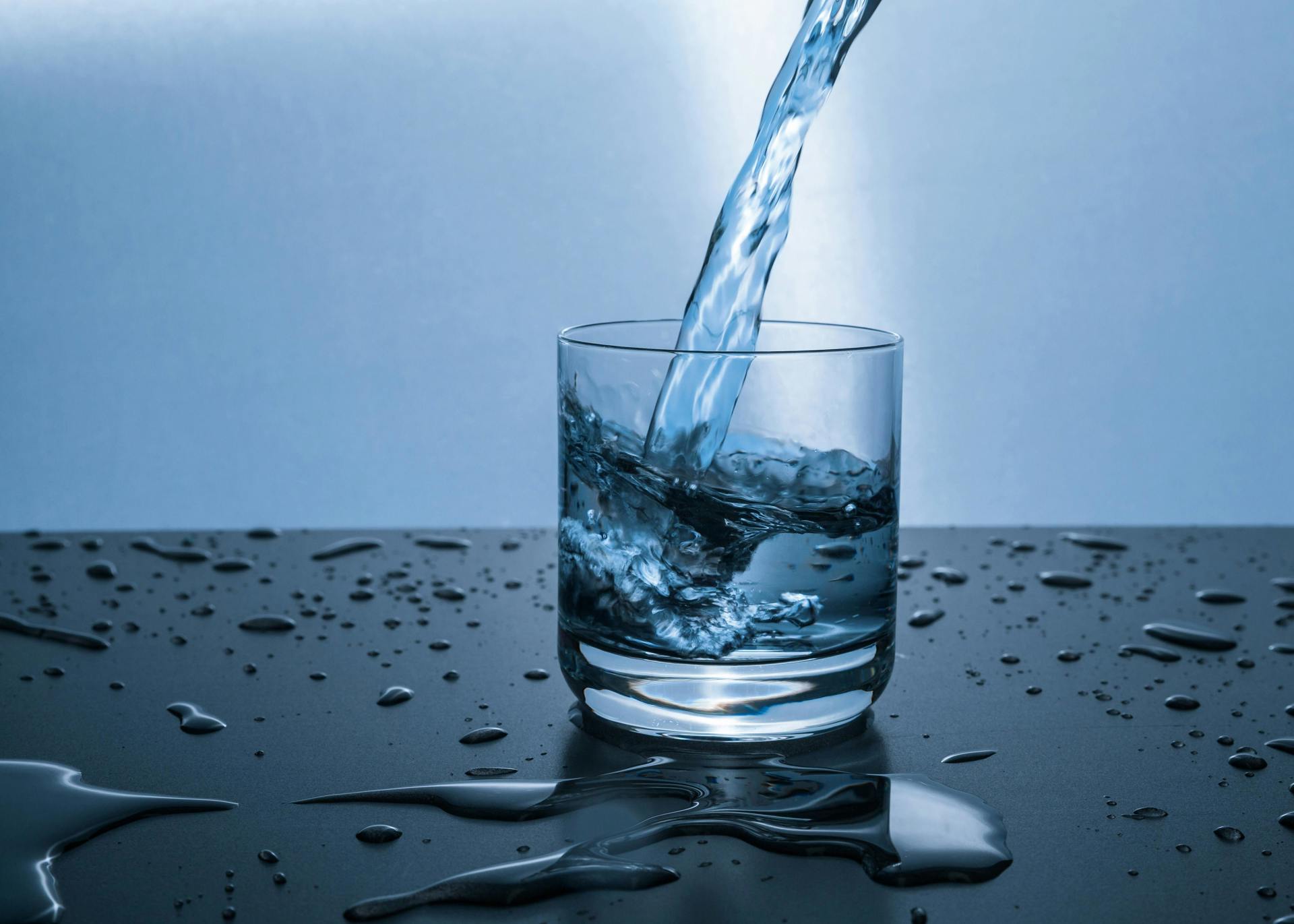
How to Spot and Avoid Dehydration in the Elderly
Published: 09/07/2025
Right at Home Harrow: Pinner, Ruiislip & Northwood have made this guide to help you identify the early warning signs of dehydration and implement strategies to keep seniors hydrated.
Why Are Older Adults More Vulnerable to Dehydration?
Mobility Limitations - Having difficulty with mobility can make it difficult for seniors to access water throughout the day. This is why carers or loved ones should try to encourage seniors to stay hydrated by placing water in nearby spots and prompting them to drink it.
Medication - Certain medications can affect hydration by reducing the sense of thirst. If you or a loved one is on medication, you should check potential side effects and always try to be aware of staying hydrated.
Memory Deterioration - As seniors get older, their memory may get worse. They may lose track of when they last had a drink or forget to realise the early warning signs of dehydration. Try to set a schedule or reminder to encourage hydration.
Early Signs of Dehydration
- Dry mouth, lips, tongue
- Dry, cool skin
- Sunken eyes/dark circles
- Dark urine
- Dizziness when standing
Behavioural Signs
- Fatigue
- Irritability
- Headaches
- Difficulty Sleeping
Strategies For Keeping the Elderly Hydrated
- Offer liquids regularly - Keep water within reach at all times and use cups/bottles that are easy to hold.
- Set hydration breaks - You can use alarms/reminders to make sure it isn't forgotten about.
- Have water available at every meal.
- Include hydrating foods - Food such as soups, broths and fruit can help increase fluid intake.
How Right at Home Harrow: Pinner, Ruislip & Northwood Can Help
Our Care Assistants are trained to recognise signs of dehydration. We offer personalised hydration monitoring, medication management support and we can help with creating hydration schedules. If you or a loved one need help with staying hydrated or any other type of care, please feel free to contact us.

